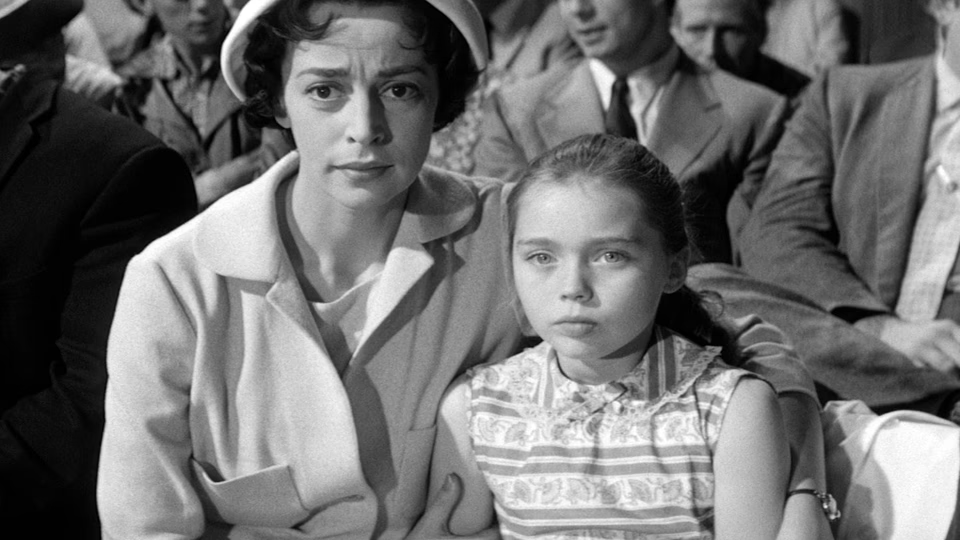Never Take Candy from a Stranger

Hammer Films ventures far from its Gothic castles and fanged aristocrats to deliver something far more terrifying: the insidious horror of institutional corruption.
The setup is deceptively simple. A British family arrives in a Canadian village. Patrick Allen plays the father who’s landed his dream job as school principal. His nine-year-old daughter Jean, played by Janina Faye, makes a friend. Then comes the revelation that curdles your blood.
An elderly man—town patriarch Clarence Olderberry Sr.—asked Jean and her friend to strip naked and dance for candy.
Director Cyril Frankel shows remarkable restraint. No leering camera. No exploitation. The horror lives in what we don’t see, in the adults’ dawning realization, in a system that protects monsters.
Watch how the three adults react. Sally wants justice immediately. Her mother Martha urges caution—think of the waves you’ll make. Peter wants to reason with Olderberry’s son first. These aren’t script puppets spouting convenient dialogue. They’re people, messy and human, briefly caught in that dangerous space where we rationalize the unthinkable.
Then the film reveals its true target. This isn’t just about one predator. It’s about power, corruption, complicity. The police discourage prosecution. The trial becomes a nightmare—young Jean’s friend doesn’t show, and Niall MacGinnis’s defense lawyer shreds Jean on the stand. The judge, sympathetic but helpless, warns of worse to come. Peter and Sally withdraw the complaint. They pack to leave.
Tragedy arrives first.
The finale initially feels wrong—too simple, too monstrous after such nuance. Trust it. The dread builds. You think the victims are safe. Then comes a gut-punch that sends your stomach through the floor. It may be the most horrifying sequence Hammer ever filmed.
Young Faye is a revelation as Jean. She wins us over without milking sympathy or turning cloying. Allen matches her restraint as Peter—no speeches about corruption, no theatrical despair. Just grim determination meeting grim reality. It’s the film’s secret weapon: everyone underplays the horror, which somehow makes it scream louder.
Does it top The Curse of Frankenstein or Dracula? Maybe not. The ending ties things up a bit too neatly, though 1960 audiences and censors probably couldn’t stomach the alternative. But as a piece of socially conscious filmmaking disguised as a thriller? It’s absolutely one of Hammer’s finest—and one that still packs a punch.